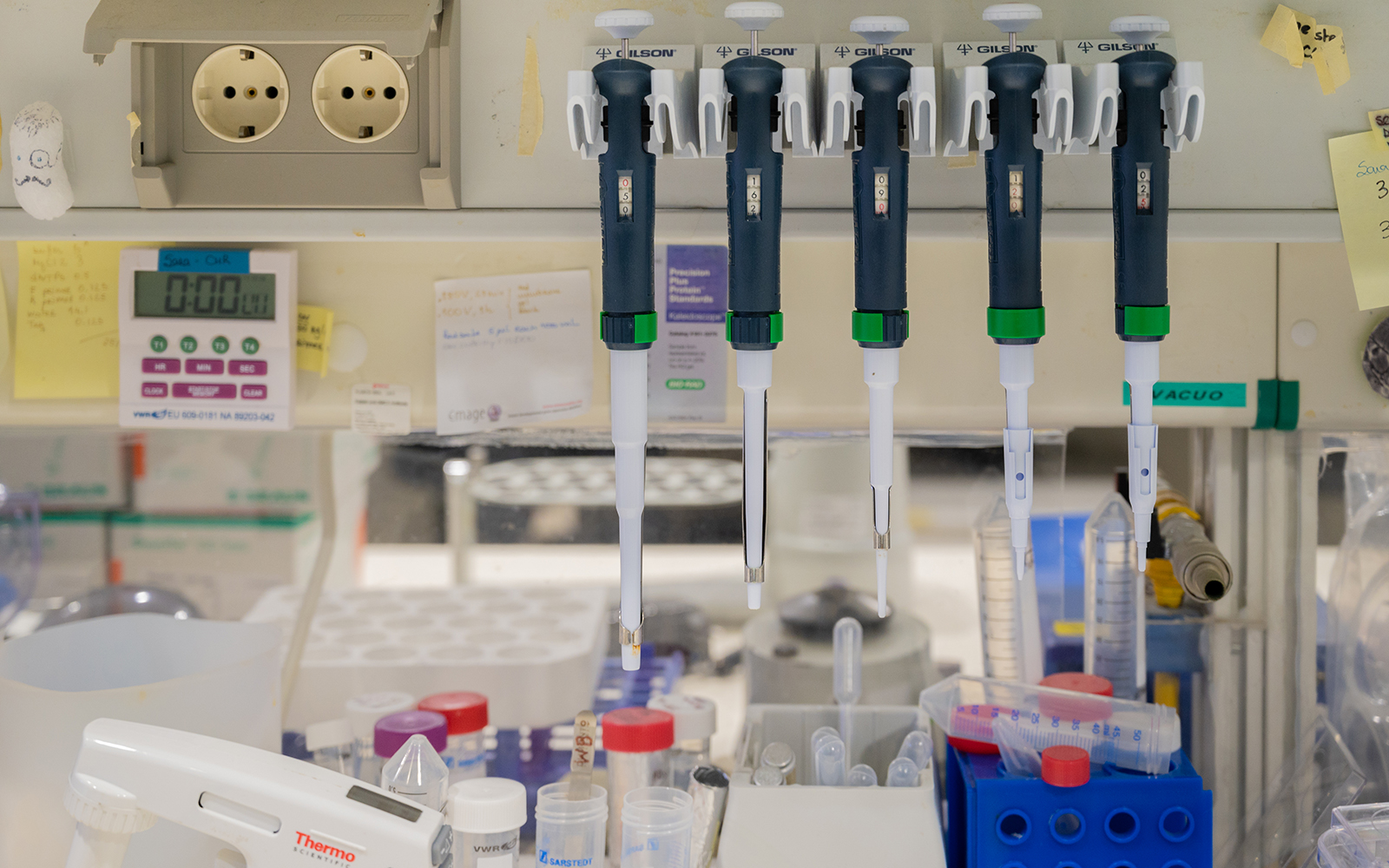Study reveals how cells evolve when their genome replication is challenged

Organisms evolve over time, acquiring mutations that allow them to adapt to the surrounding environment and challenges. However, not all the factors that influence the organisms’ evolutionary responses are known.
Marco Fumasoni, principal investigator at Instituto Gulbenkian de Ciência (IGC), focuses on this issue, studying how cells adapt evolutionarily to perturbations in cellular processes involved in genome maintenance. The work the IGC researcher started as a postdoc in Andrew Murray’s lab, in the United States, was now published in PLOS GENETICS.
DNA replication, the process through which genetic information is duplicated, is vital to cells, especially when they need to divide. However, DNA replication can be affected by several endogenous or environmental aspects. Previous studies conducted by Fumasoni and Murray at Harvard University, revealed that, in response to these perturbations, the yeast Saccharomyces cerevisiae adapts by the acquisition of mutations that interfere with three essential aspects of its biology: replication of genetic information, DNA damage response, and the cohesion between copies of the same chromosomes (sister chromatids).
More recently, to understand if these evolutionary trajectories were influenced by the organism’s genomic features, the researchers subjected different strains of this yeast, with different sets of chromosomes (ploidy) and DNA repairing capabilities (recombination proficiency), to replication stress, which affects the ability to synthesize DNA and causes damage to the genetic material.
Although the different strains acquired different mutations in response to the same stress, all the adaptive alterations occurred in pathways associated with genomic stability. In this study published in PLOS GENETICS, the authors suggest that there is a common evolutionary response to DNA replication stress and that the major difference, dictated by cells’ genomic features, is the way this response is implemented, that is, the genes affected by adaptive mutations.
This study increases our understanding of cells’ evolutionary adaptation in response to perturbations in core processes. Understanding these evolutionary processes is particularly relevant for the improvement of our capability of predicting similar responses, for example, in cancer cells, in which DNA replication stress is common.
Organisms evolve over time, acquiring mutations that allow them to adapt to the surrounding environment and challenges. However, not all the factors that influence the organisms’ evolutionary responses are known.
Read Paper
Harvard University Highlight
